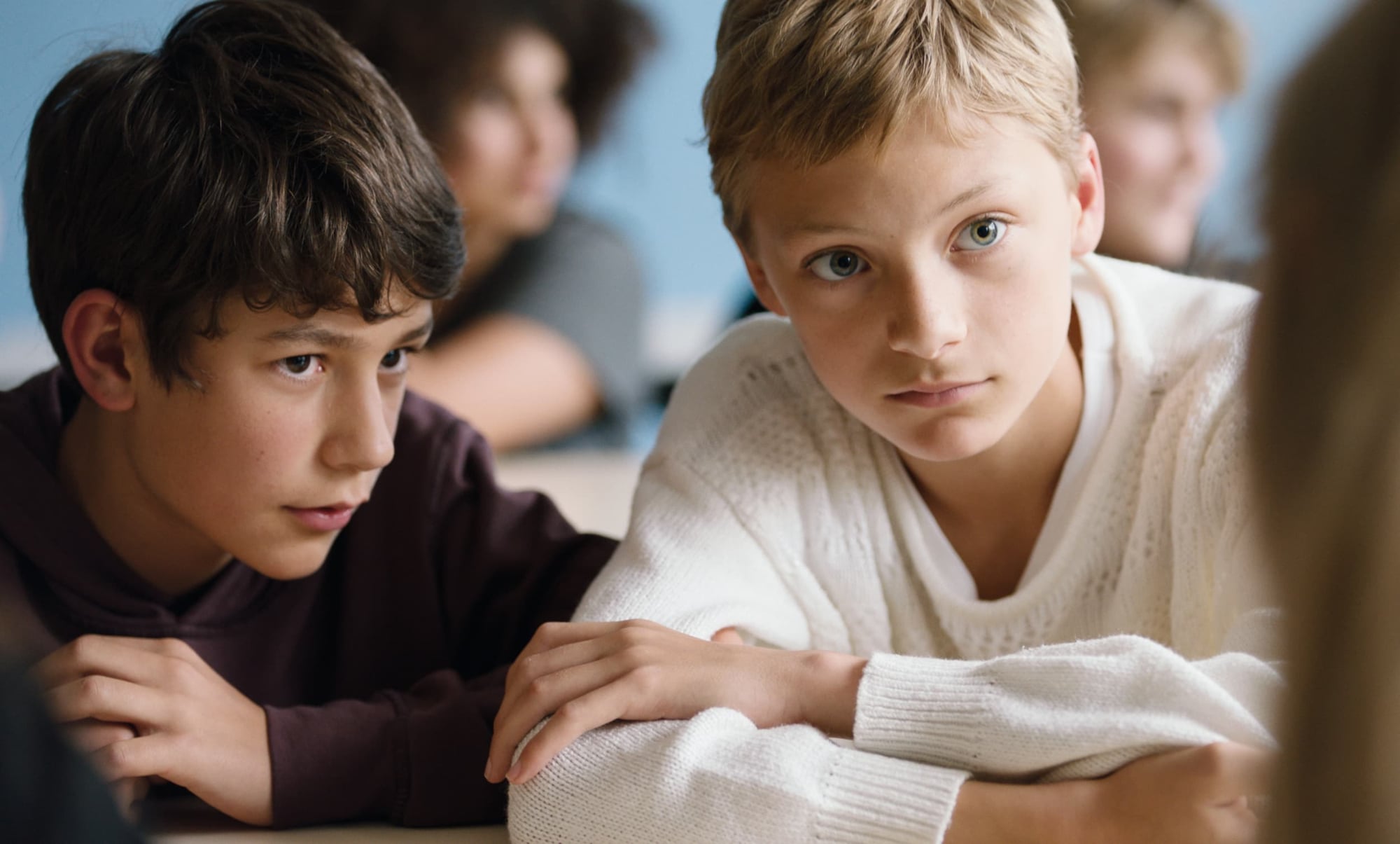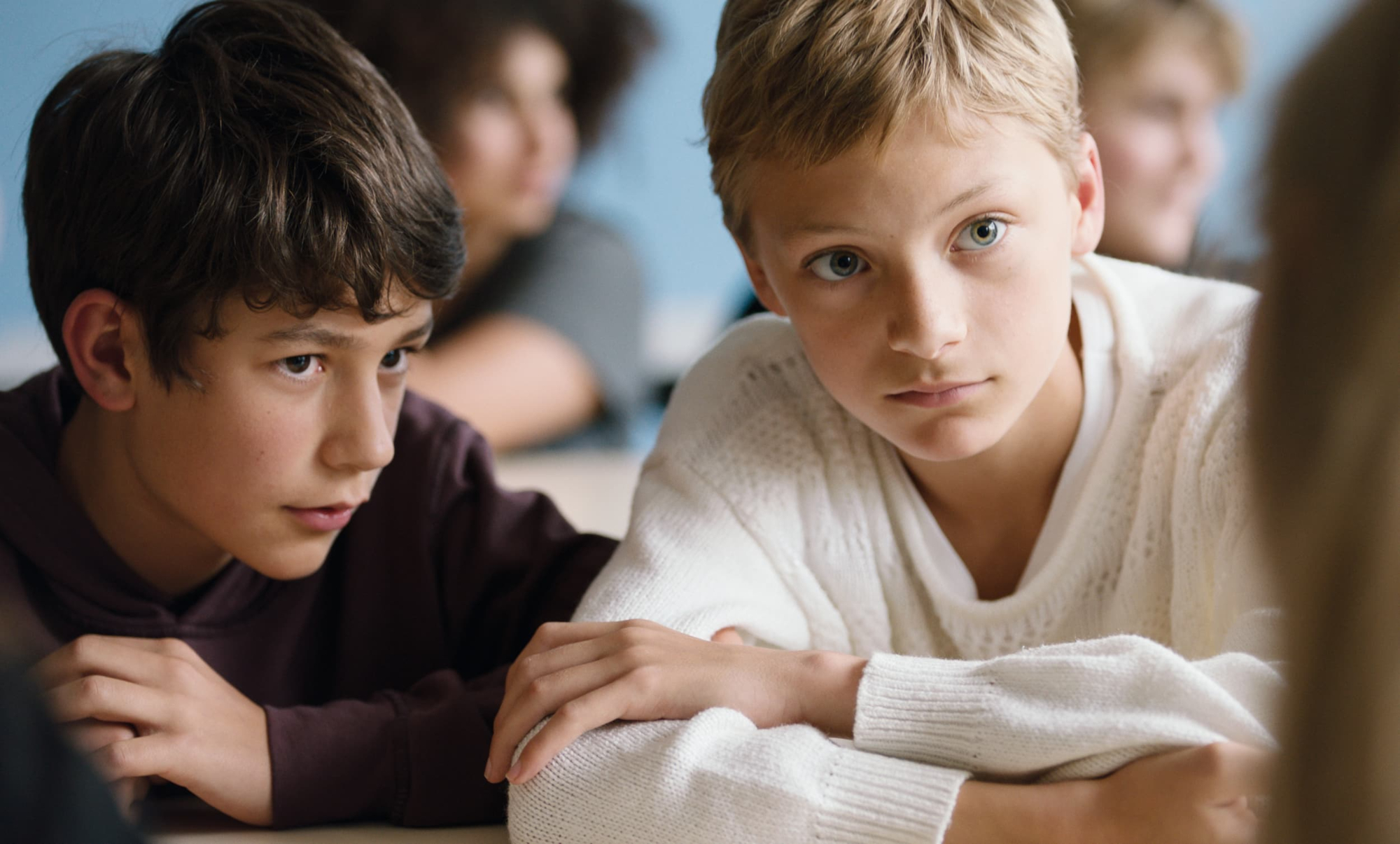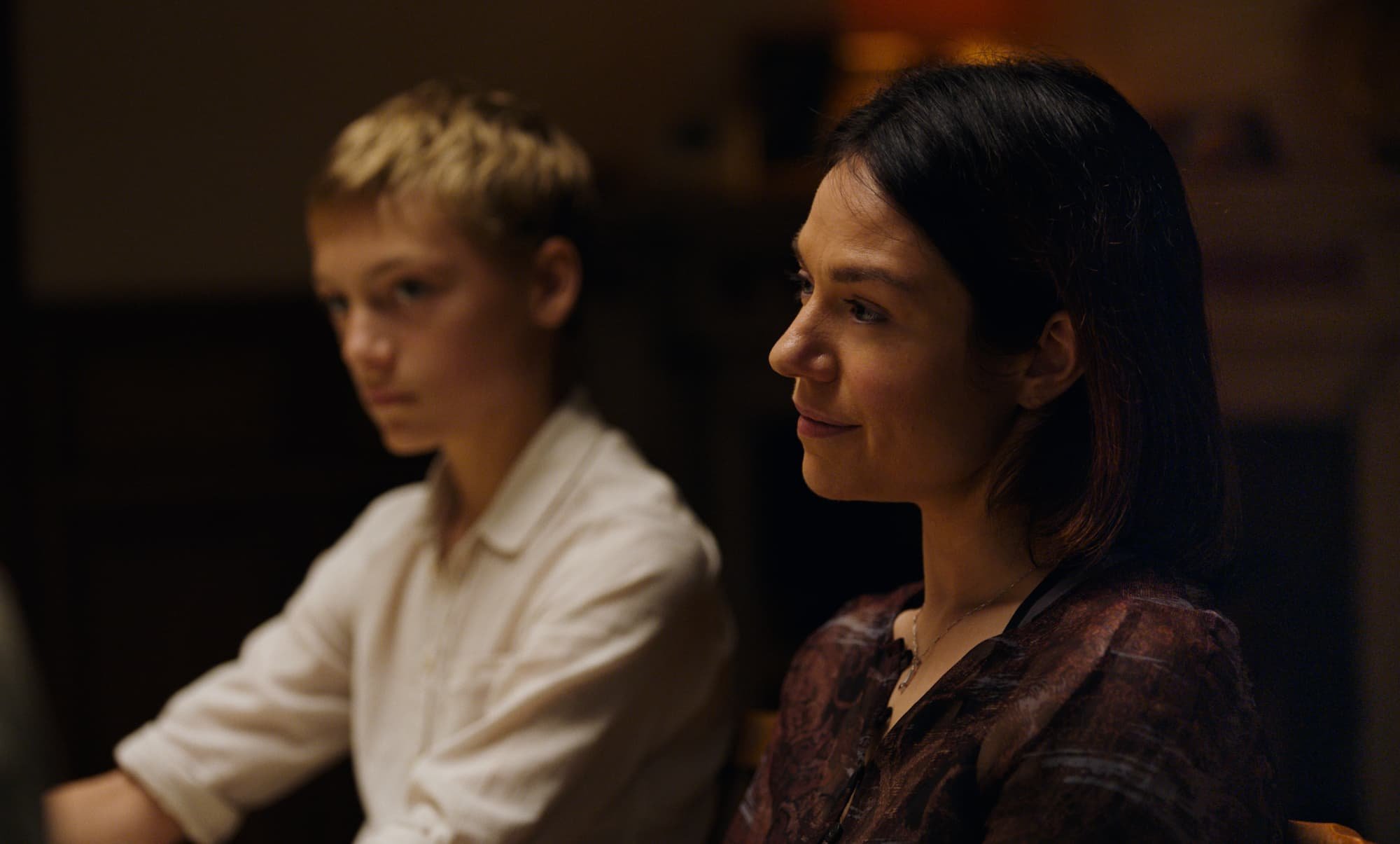
‘Close’ Movie Review [AFI Fest 2022]: Lukas Dhont’s Belgium Oscars 2023 Entry Settles for the Easy Path
Writer/director Lukas Dhont wove dramatic heft into his 2018 feature film debut with Girl. It resonated with some audiences, but the negative politics surrounding its depiction of gender dysphoria with a transgender lead lingered. In Dhont’s second feature, Close tackles the evolution of young male friendships and the social constructs that define closeness on a physical and spiritual level.

‘Close’ focuses on adolescent male friendship

Two 13-year-old boys named Léo (Eden Dambrine) and Rémi (Gustav De Waele) have a friendship that runs as deep as family. They spend all of their free time with one another, so the news that they’re enrolled in the same class at school thrills them. However, Léo and Rémi’s physical affection disturbs the other children in their class, as they come to believe that they’re gay and in a relationship with each other. In response, their peers unleash pre-teen cruelty upon them.
The seemingly unbreakable friendship begins to disintegrate to avoid any further ridicule. Léo and Rémi’s loss of friendship ultimately has dire consequences that impact their bond forever, interrogating their understanding surrounding notions of masculinity and socially acceptable affection. As a result, Léo and Rémi’s relationship takes on a new form.
The loss of innocence and a conversation enveloped in intimacy
Dhont and Angelo Tijssens’ screenplay demonstrates the wild imagination of youth in Léo and Rémi’s playful friendship. They spend their summer days running through picturesque fields, enjoying sleepovers, and implementing the aforementioned imagination into their games. Close speaks to the hopes and dreams that adolescents hold for the future. Rémi plays the flute with undying support from Léo, who imagines a life in which he acts as a manager for his friend’s music career.
Léo and Rémi’s childlike wonder comes to an abrupt end on their first day in school. A person’s pre-teen years are some of the most transformative, and Dhont’s sophomore effort is no exception. The two boys begin to receive ridicule for their physical affection, which they perceive as natural until their peers tell them otherwise. Homophobia is learned, not inherent, which plants a seedling of insecurity in Léo that continues to sprout. He wrestles with his notion of masculinity in different ways than Rémi, creating a crack in their friendship that continues to spiderweb outward.
Close recounts a loss of innocence that can never be reclaimed. Léo’s abrupt change in behavior extends to his previously exuberant nature, abandoning his imaginative perspective in his time spent with Rémi. Words hold immense power, as the judgments harbored within them set their friendship on a path to annihilation. Dhont takes the viewer back through familiar settings, but they don’t hold the beauty that they once did. Dhont and Tijssens’ screenplay has a deeply poignant approach to the disappearance of adolescence and innocence.
‘Close’ aims to harshly yank on the heartstrings

Close embraces a delicate warmth thanks to cinematographer Frank van den Eeden’s gorgeous work. Its colors are vivid, especially in the bright yellows and reds. The framing makes effective use of close-ups, establishing a sense of closeness not only between Léo and Rémi, but also in relation to the audience. This is also reflected in composer Valentin Hadjadj’s melancholic score and Dhont’s use of silence that quickly turns deafening.
There’s a certain breathy nature to Close. The motif plays through Rémi’s use of a wind instrument and Léo’s method of helping his friend fall asleep with calming words and softly blowing air on him. Before some alarming revelations rise to the surface, Dhont’s film constructs a world that feels as delicate and light as air.
Dambrine’s Léo and De Waele’s Rémi contribute to the film’s airy nature. They bring authenticity to both their characters’ friendship and the soul-shaking discoveries they make along the way. Unfortunately, Dhont settles for the obvious. He handles the film’s dark subject matter as a plot device, which ultimately negates the film’s impact. While it’s not handled in an exploitative fashion, the second half of this narrative loses much of what made its antecedent so impactful.
Dhont asks the question of what it means to be close, and how that intimacy is impacted by the hardships of life. His examination of these questions combined with how adolescent masculinity plays into male friendship is engaging, but he puts them on the back burner in exchange for emotional jabs that don’t feel earned. Close is emotionally precise and thematically mesmerizing in the beginning, but it loses much of its sincerity in committing to a manipulative tear-jerker twist.
Close moves into theaters starting on Jan. 13.


